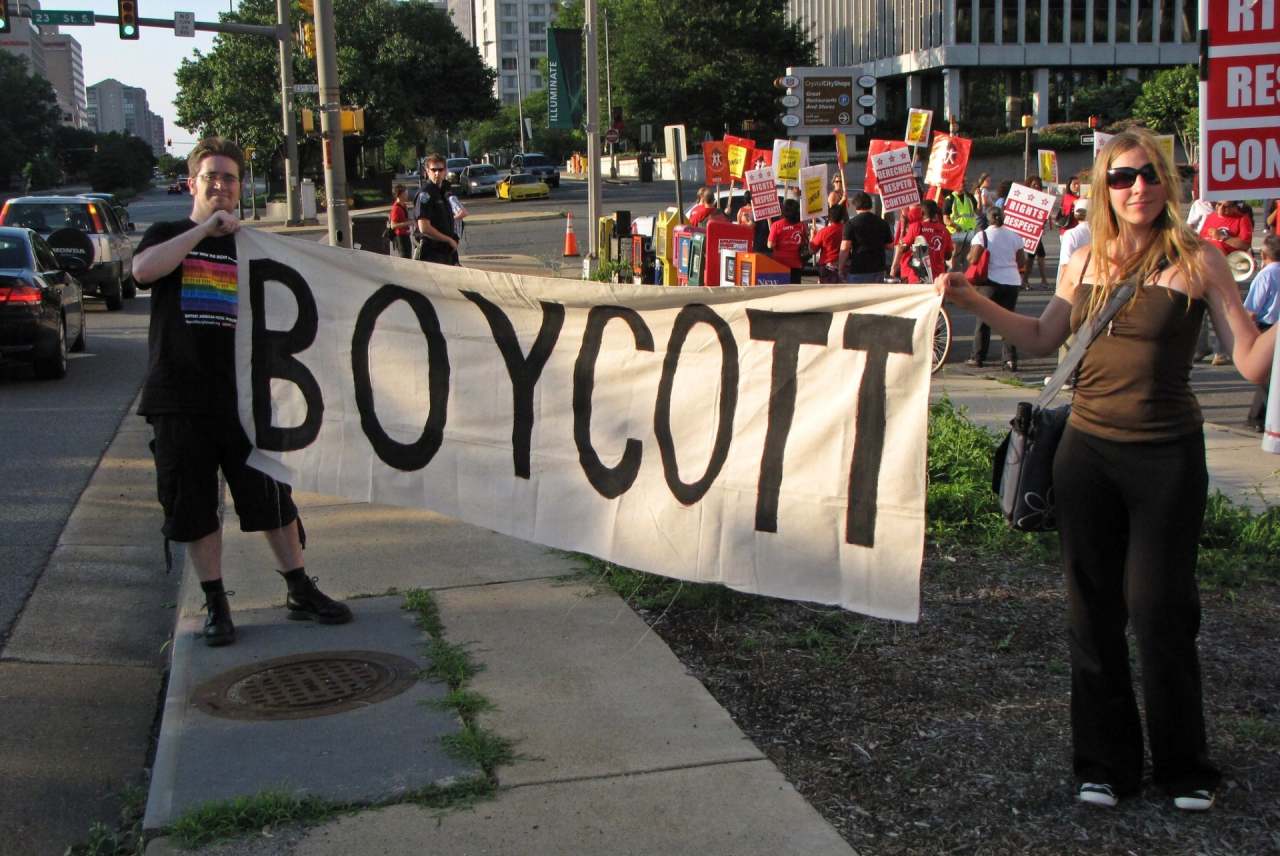In 2025, consumers are increasingly expressing their values and concerns through their purchasing decisions, a phenomenon often referred to as “silent protest.”
Rather than engaging in overt political demonstrations, many are choosing to support or boycott brands based on ethical considerations, social responsibility, and alignment with personal beliefs, and this shift is reshaping the consumer landscape.
Indonesia’s economy continues to grow, with a projected GDP increase of 5.2% in 2025, primarily driven by household consumption, which accounts for 54.5% of the GDP.
However, this growth is accompanied by a more discerning consumer base. Consumers, particularly Millennials and Gen Z, are prioritizing ethical consumption, seeking products and services that align with their values, such as sustainability, fair labor practices, and social justice.
Impact on Businesses and Brands
This shift in consumer behaviour has significant implications for businesses operating in Indonesia. Companies perceived as lacking in ethical standards or social responsibility are facing consumer backlash. For instance, some boycotted brands experienced a decline in market share due to consumer boycotts over its perceived stance on international issues (Read further about the impact of silent protest). Conversely, local brands that emphasize ethical practices and community engagement are gaining popularity among consumers.
The Role of Digital Platforms
Digital platforms and social media play a crucial role in facilitating this form of silent protest. With over 212 million internet users in Indonesia as of January 2025, consumers are leveraging online platforms to share information, mobilize support for causes, and hold brands accountable. Social commerce is also on the rise, with the market projected to reach $5.25 billion by 2025, providing consumers with more avenues to support brands that align with their values.

Boycott, as the example of silent protest. Image by: Ben Schumin
Empowering Local Enterprises
Micro, Small, and Medium Enterprises (MSMEs) are at the forefront of this consumer shift. In 2025, MSMEs contribute approximately 62.3% to Indonesia’s GDP and employ around 117 million people. Consumers are increasingly supporting these enterprises, recognizing their role in promoting local economies and ethical business practices. Government initiatives, such as loan forgiveness programs for MSMEs, further bolster this sector.
Thus, to remain relevant and trusted, brands should:
-
Be transparent: Share how your products are made, how workers are treated, and how profits support communities.
-
Collaborate with local partners: Especially in retail and F&B, co-branding with artisans or UMKM businesses adds credibility.
-
Listen and respond: Monitor what customers say on social media, and show responsiveness to their concerns.
-
Avoid greenwashing or performative gestures: Indonesian consumers are increasingly able to spot inauthentic branding.
Despite the positive trends, challenges persist. The middle class in Indonesia has been shrinking, with a 20% decline over the past six years, impacting consumer spending and confidence. Additionally, a VAT increase to 12% on non-essential goods may influence purchasing behaviours. Businesses must navigate these economic factors while maintaining ethical standards to retain consumer trust.
The silent protest movement in Indonesia underscores a significant transformation in consumer behaviour. As consumers become more value-driven, businesses must adapt by embracing ethical practices, engaging with communities, and ensuring transparency. In doing so, they not only align with consumer expectations but also contribute to a more equitable and sustainable economy.
References
- https://nielseniq.com/global/en/insights/report/2024/nielseniq-indonesia-mid-year-consumer-outlook-guide-to-2025/
- https://wearesocial.com/id/blog/2024/12/think-forward-2025-intentional-consumerism/
- https://www.reuters.com/business/retail-consumer/unilevers-indonesia-headache-worsens-with-boycott-local-brands-seize-day-2025-01-09/
- https://marketresearchindonesia.com/insights/articles/fast-growth-indonesia-digital-consumer-behavior
- https://www.globenewswire.com/news-release/2025/05/12/3079272/0/en/Indonesia-Social-Commerce-Market-Intelligence-Report-2025-2030-Mobile-Commerce-Dominates-Authenticity-and-Personalization-Key-to-Growth.html
- https://www.kompasiana.com/septiravitapuspa4663/68154c1cc925c471495e1372/umkm-2025-motor-penggerak-ekonomi-indonesia-di-tengah-tantangan-global
- https://www.reuters.com/markets/asia/indonesia-gives-small-medium-businesses-six-month-window-loan-forgiveness-2024-11-11/
- https://www.ft.com/content/f1961241-b9a5-48ce-b410-9dd20bee8758
- https://www.fitchratings.com/research/corporate-finance/challenges-for-indonesias-consumer-sectors-in-2025-27-12-2024





